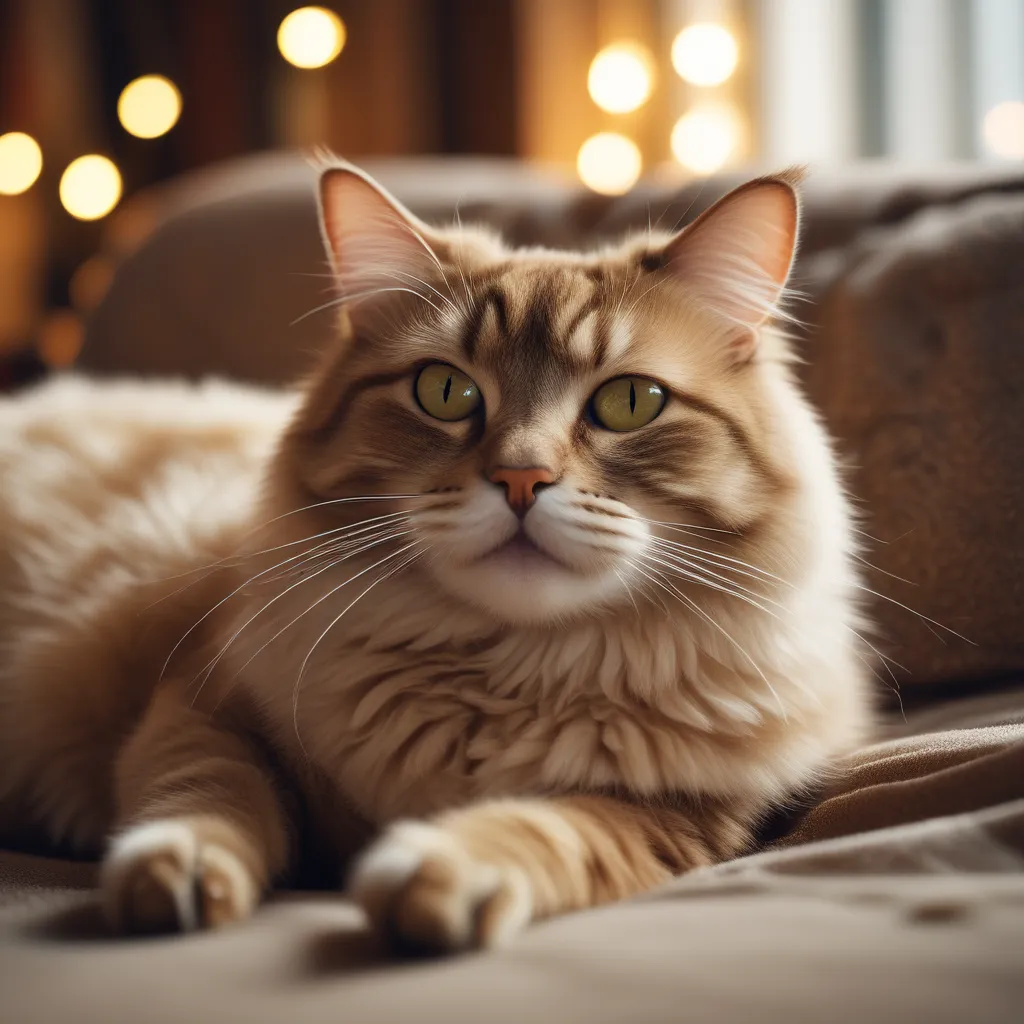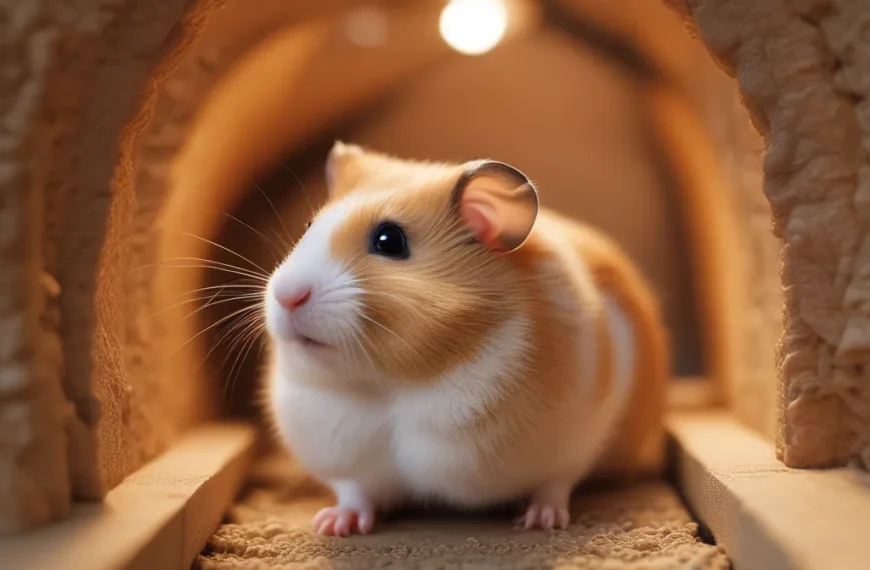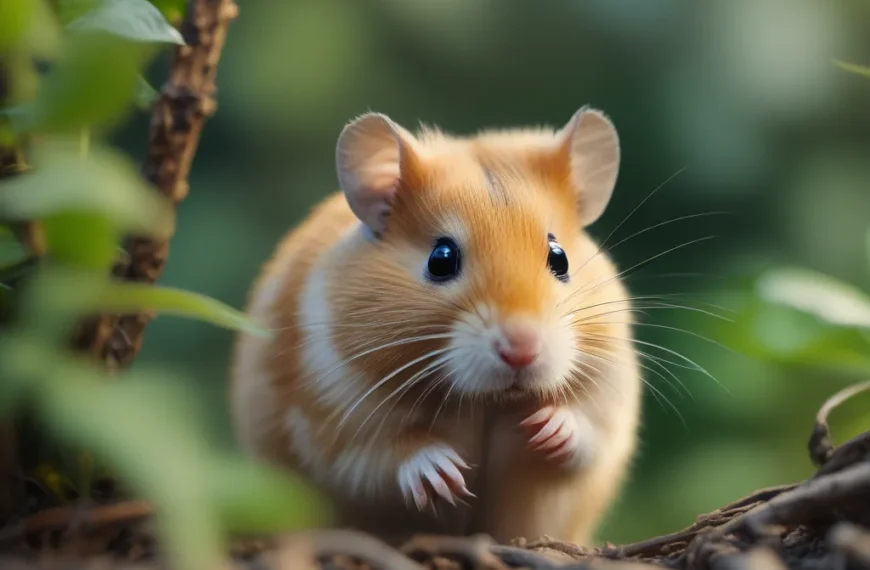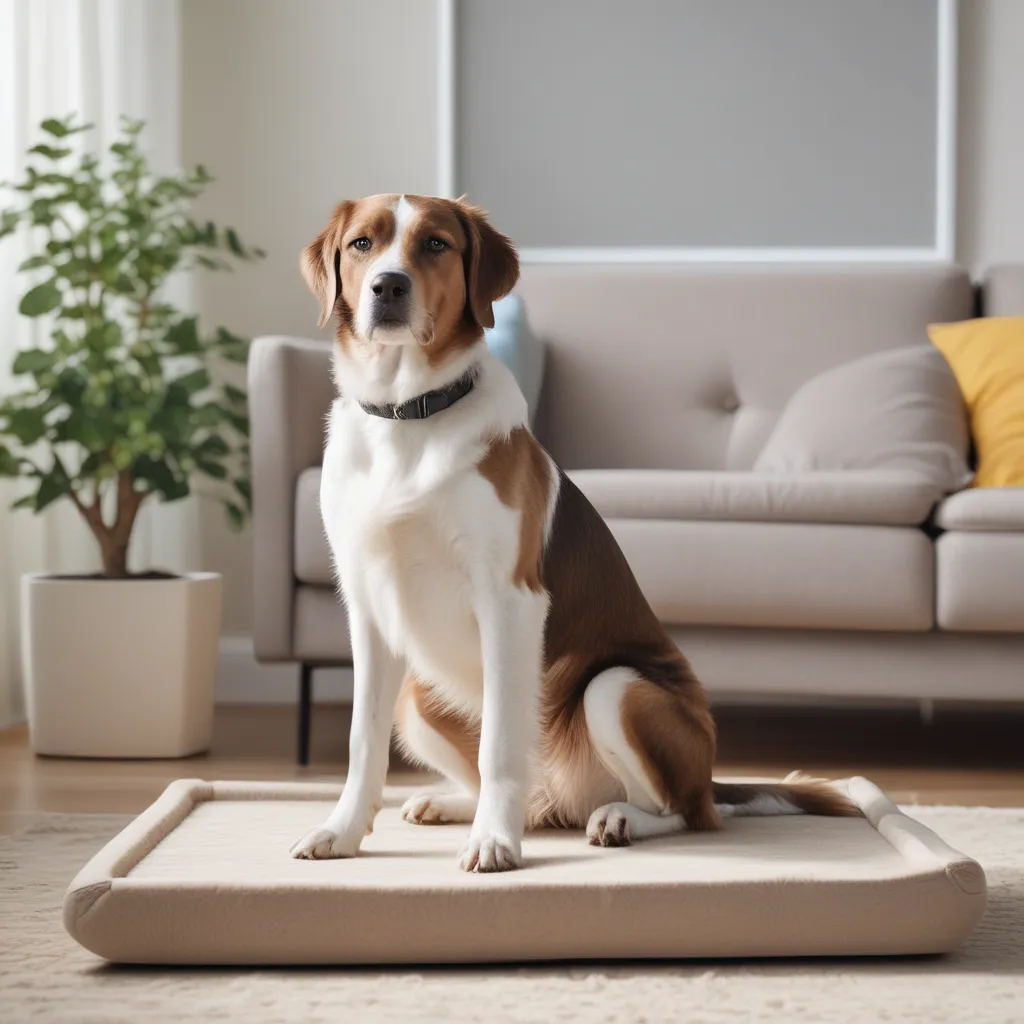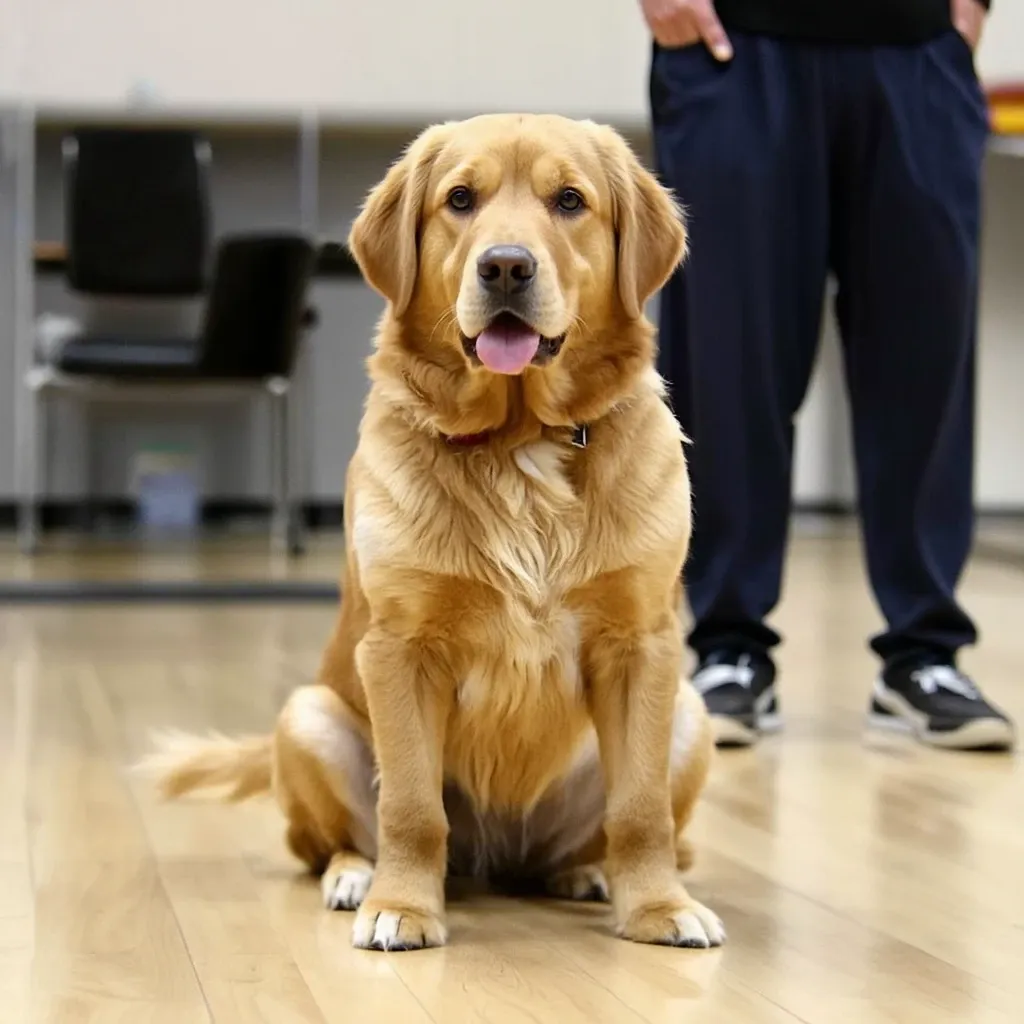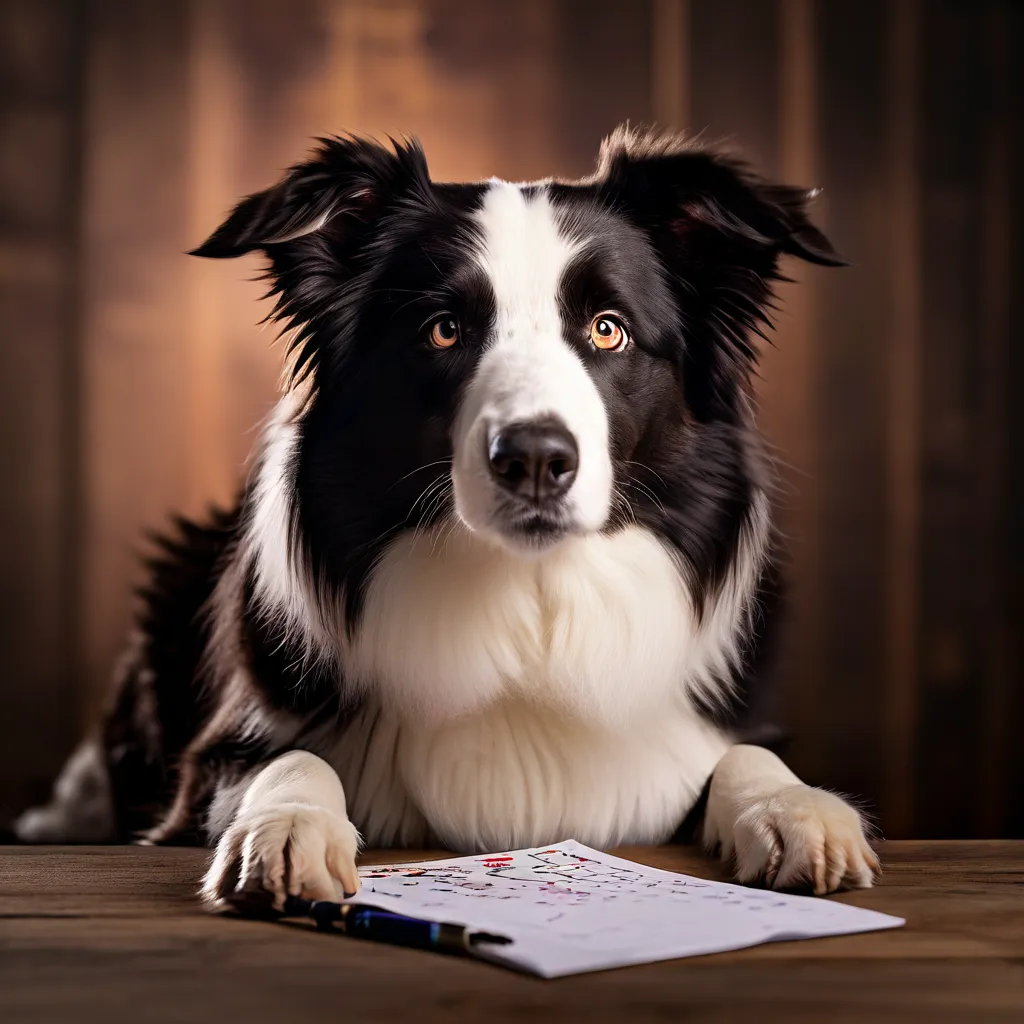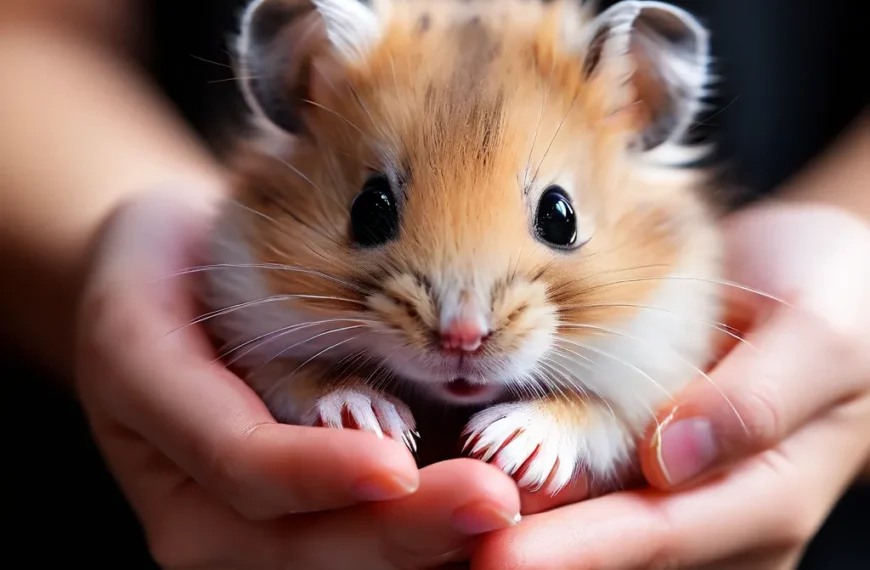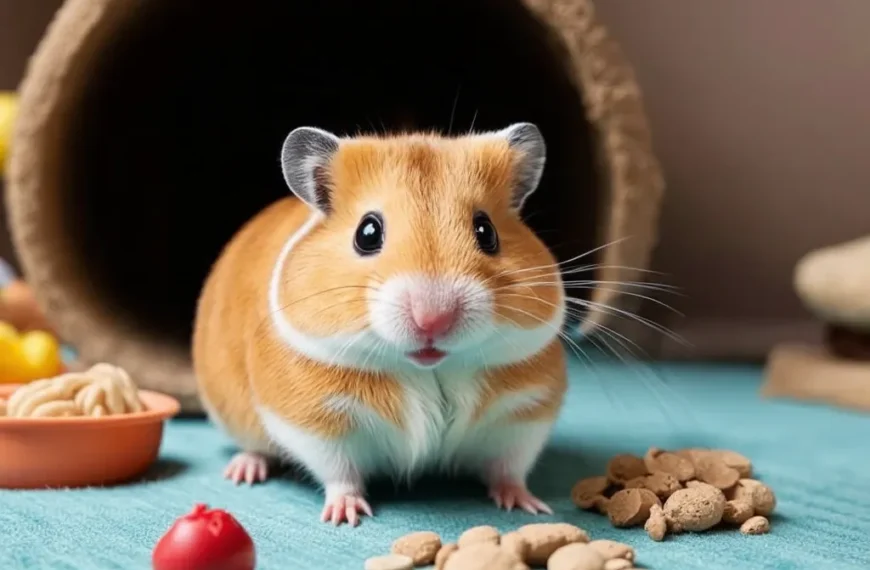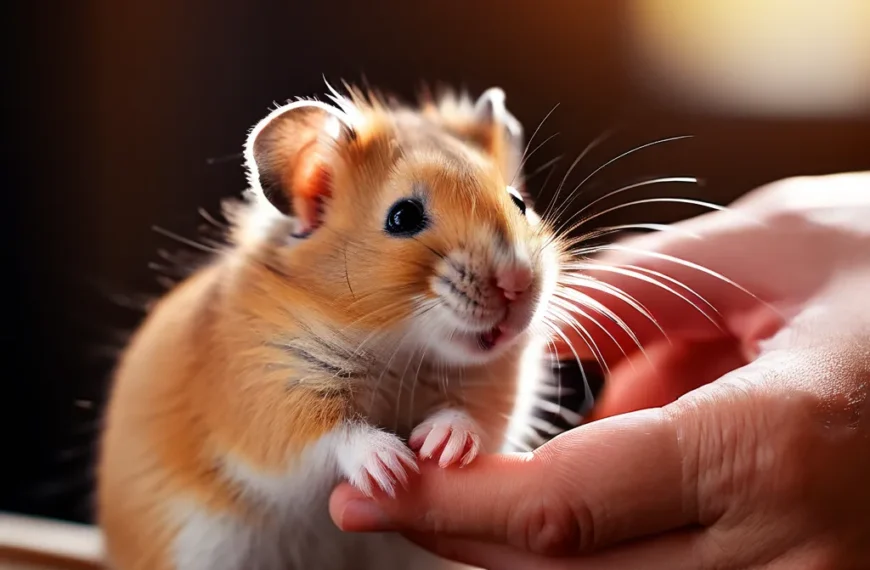Introduction
As your cat ages, their nutritional needs change. Senior cats require a diet that is tailored to their specific needs, and one of the most important decisions you can make is whether to feed them wet food or dry food. But which is better for your senior cat? In this article, we will explore the pros and cons of each option and provide you with the information you need to make an informed decision.
As your cat enters their golden years, their metabolism slows down, and their energy needs decrease. However, their nutritional needs remain the same, and in some cases, may even increase. Senior cats require a diet that is rich in protein, moderate in fat, and low in carbohydrates. They also require essential vitamins and minerals, such as vitamin A, vitamin D, and calcium, to maintain their overall health.

When it comes to choosing between wet food and dry food, there are several factors to consider. Wet food can provide your senior cat with the moisture they need to stay hydrated, while dry food can help to reduce tartar buildup on their teeth. However, dry food can also be high in carbohydrates, which can be detrimental to your cat’s health.
In the following sections, we will delve deeper into the pros and cons of each option and provide you with the information you need to make an informed decision. We will also discuss the importance of weight management and health conditions in senior cats, as well as the role of veterinary guidance in choosing the best food for your senior cat.
Understanding Senior Cats’ Nutritional Needs
As your cat ages, their nutritional needs change. Senior cats require a balanced diet that meets their specific needs to maintain their overall health and well-being. A well-nourished senior cat is better equipped to fight off diseases and age-related health issues.
Key Nutritional Needs of Senior Cats
Senior cats require a diet rich in:
- Protein: High-quality protein sources such as chicken, salmon, and beef help maintain muscle mass and overall health.
- Moderate Fat: Senior cats need a moderate amount of fat to maintain their energy levels and skin health.
- Complex Carbohydrates: Whole grains, fruits, and vegetables provide essential fiber, vitamins, and minerals.
- Essential Vitamins and Minerals: Vitamin A, vitamin D, calcium, and phosphorus are crucial for maintaining healthy skin, coat, and bones.
- Adequate Moisture: Senior cats need access to fresh water at all times to stay hydrated and maintain urinary health.
Factors Affecting Senior Cats’ Nutritional Needs
Several factors can impact a senior cat’s nutritional needs, including:
- Age: Senior cats’ nutritional needs change as they age. Kittens, adult cats, and senior cats have different nutritional requirements.
- Health Conditions: Cats with health conditions such as kidney disease, diabetes, or arthritis may require special diets to manage their condition.
- Lifestyle: Indoor cats may require less energy than outdoor cats, and cats with mobility issues may need a different diet to maintain their weight.
Meeting Senior Cats’ Nutritional Needs
To ensure your senior cat is receiving the nutrients they need, consider the following:
- Consult with Your Veterinarian: Your veterinarian can help determine the best diet for your senior cat based on their age, health, and lifestyle.
- Choose a High-Quality Senior Cat Food: Look for a food that is specifically formulated for senior cats and meets their nutritional needs.
- Monitor Your Cat’s Health: Keep an eye on your cat’s overall health, including their weight, coat condition, and stool quality.
The Role of Hydration and Activity Levels in Senior Cat Nutrition
As cats enter their senior years, around the age of 10, their nutritional needs undergo significant changes. One crucial aspect of senior cat nutrition is the role of hydration and activity levels. Senior cats require a diet that addresses their unique needs, including maintaining optimal hydration and supporting their decreasing activity levels.
Hydration in Senior Cats
Adequate hydration is essential for senior cats, as they are more prone to dehydration due to decreased thirst sensation and changes in their kidneys. A diet with sufficient moisture content can help maintain their hydration levels. Wet food or broths can be beneficial in providing the necessary moisture, but it’s essential to monitor your cat’s thirst levels and consult with a veterinarian if you notice any unusual changes.
Activity Levels in Senior Cats
As cats age, their activity levels decrease, leading to a higher risk of obesity between the ages of 7 and 11. Senior cats require a diet that supports their reduced activity levels, with lower calorie and fat content. Geriatric cat food is specifically formulated to address these needs, but it’s crucial to consult with a veterinarian to determine the best diet for your senior cat.
The Importance of Monitoring and Adjusting
Senior cats have changing dietary needs, and it’s essential to monitor their health and adjust their diet accordingly. Regular veterinary check-ups can help identify any potential health issues, and guidance on daily feeding amounts can ensure your cat maintains their ideal body condition.
The Importance of Weight Management and Health Conditions in Senior Cats
As cats age, their nutritional needs and health conditions change. Senior cats, typically defined as those over the age of 7, require a different approach to weight management and health care. Maintaining a healthy weight is crucial for senior cats, as excess weight can exacerbate age-related health issues.
Why Weight Management Matters in Senior Cats
Weight management is essential for senior cats because it can help prevent or manage various health conditions, such as:
- Diabetes: Excess weight can increase the risk of developing diabetes in cats.
- Arthritis: Maintaining a healthy weight can reduce the strain on joints and alleviate arthritis symptoms.
- Heart disease: Excess weight can increase the risk of heart disease in cats.
- Kidney disease: Maintaining a healthy weight can help reduce the risk of kidney disease.
Health Conditions Common in Senior Cats
Senior cats are prone to various health conditions that can be managed or prevented with proper weight management and care. Some common health conditions in senior cats include:
- Kidney disease: A common condition in older cats, kidney disease can be managed with a balanced diet and proper hydration.
- Arthritis: A degenerative joint disease, arthritis can be managed with a healthy weight, exercise, and pain management.
- Dental disease: Regular dental care and a balanced diet can help prevent dental disease in senior cats.
Tips for Managing Weight and Health Conditions in Senior Cats
To manage weight and health conditions in senior cats, follow these tips:
- Feed a balanced diet: Provide a high-quality, balanced diet that meets your cat’s nutritional needs.
- Monitor food intake: Monitor your cat’s food intake to prevent overeating and maintain a healthy weight.
- Encourage exercise: Encourage exercise and playtime to maintain your cat’s physical health.
- Provide regular veterinary care: Regular veterinary check-ups can help identify health issues early on.

By following these tips and maintaining a healthy weight, you can help your senior cat live a long and healthy life.
Wet Food vs. Dry Food: Pros and Cons for Senior Cats
When it comes to feeding your senior cat, one of the most important decisions you’ll make is whether to opt for wet food or dry food. Both options have their pros and cons, and understanding these advantages and disadvantages is crucial in making an informed decision.
Wet Food Pros:
- Higher Moisture Content: Wet food typically has a higher moisture content than dry food, which can help to keep your senior cat hydrated and support urinary health.
- Lower Carbohydrate Content: Wet food often has lower carbohydrate content compared to dry food, which can be beneficial for senior cats who may have reduced ability to process carbs.
- More Palatable: Many senior cats find wet food more palatable than dry food, which can encourage them to eat and maintain a healthy appetite.
Wet Food Cons:
- Shorter Shelf Life: Wet food generally has a shorter shelf life than dry food and must be refrigerated after opening to prevent spoilage.
- More Expensive: Wet food is often more expensive than dry food, which can be a significant factor for pet owners on a budget.
- Dental Issues: Feeding your senior cat only wet food can lead to dental issues if their teeth are not regularly cleaned, as wet food does not help to remove plaque and tartar.
Dry Food Pros:
- Longer Shelf Life: Dry food has a longer shelf life than wet food and can be left out for your senior cat to graze on throughout the day.
- Cost-Effective: Dry food is often less expensive than wet food, making it a more affordable option for pet owners.
- Dental Health: Dry food can help to support dental health by reducing tartar and plaque buildup on your senior cat’s teeth.
Dry Food Cons:
- Lower Moisture Content: Dry food has a lower moisture content than wet food, which can lead to dehydration in senior cats if they don’t drink enough water.
- Higher Carbohydrate Content: Dry food often has higher carbohydrate content than wet food, which can be problematic for senior cats who may have reduced ability to process carbs.
- Less Palatable: Some senior cats may find dry food less palatable than wet food, which can lead to pickiness and reduced appetite.
Ultimately, the decision between wet food and dry food for your senior cat will depend on their individual needs and preferences. It’s essential to consult with your veterinarian to determine the best diet for your senior cat and to ensure they’re receiving the nutrients they need to thrive.
Determining the Best Food for Your Senior Cat: Factors to Consider
As your cat ages, their nutritional needs change. Senior cats require a balanced diet that meets their specific needs, and choosing the right food can be overwhelming. Here are some key factors to consider when determining the best food for your senior cat:
Age and Life Stage
Senior cats are typically considered to be 7 years or older. At this stage, their metabolism slows down, and their energy needs decrease. Look for food that is specifically formulated for senior cats, as it will be tailored to their unique needs.
Health Conditions
Senior cats are more prone to health issues such as kidney disease, arthritis, and dental problems. If your cat has a specific health condition, look for food that is designed to help manage that condition. For example, food with reduced protein and phosphorus can help manage kidney disease.
Activity Level
Senior cats may not be as active as they once were, but they still need a balanced diet that meets their energy needs. If your cat is less active, look for food that is lower in calories to prevent weight gain.
Palatability
Senior cats may have a decreased sense of smell and taste, which can make mealtime less appealing. Look for food that is highly palatable and has a strong aroma to encourage your cat to eat.
Digestive Health
Senior cats may experience digestive issues such as constipation or diarrhea. Look for food that contains prebiotics and probiotics to support digestive health.
Ingredient Quality
Look for food that contains high-quality protein sources such as chicken, salmon, or beef. Avoid food that contains fillers or by-products.
Manufacturer Reputation
Choose a reputable manufacturer that has a history of producing high-quality food. Look for manufacturers that use named protein sources and whole ingredients.
Veterinary Guidance
Consult with your veterinarian to determine the best food for your senior cat. They can help you choose a food that meets your cat’s specific needs and health conditions.
By considering these factors, you can choose a food that meets your senior cat’s unique needs and helps them live a happy and healthy life.
The Role of Veterinary Guidance in Choosing the Best Food for Senior Cats
As a responsible cat owner, it’s essential to provide your senior cat with the best possible nutrition to ensure they live a long and healthy life. With so many different types of cat food available, it can be overwhelming to decide which one is best for your furry friend. This is where veterinary guidance comes in – your veterinarian can play a crucial role in helping you choose the best food for your senior cat.
Why Veterinary Guidance is Important
Your veterinarian has extensive knowledge of your cat’s health, medical history, and nutritional needs. They can help you determine the best food for your senior cat based on their individual needs and health status. For example, if your cat has kidney disease, your veterinarian may recommend a food that is specifically formulated to support kidney health.
How Veterinary Guidance Can Help
Your veterinarian can help you choose the best food for your senior cat in several ways:
- Nutritional assessment: Your veterinarian can assess your cat’s nutritional needs based on their age, health status, and lifestyle.
- Food recommendations: Based on the nutritional assessment, your veterinarian can recommend the best food for your senior cat.
- Monitoring and adjustment: Your veterinarian can monitor your cat’s response to the new food and make adjustments as needed.
Benefits of Veterinary Guidance
There are several benefits to seeking veterinary guidance when choosing the best food for your senior cat, including:
- Improved health outcomes: By choosing the right food for your senior cat, you can help improve their overall health and well-being.
- Increased longevity: A well-nourished senior cat is more likely to live a longer and healthier life.
- Reduced risk of disease: A balanced and nutritious diet can help reduce the risk of disease and health problems in senior cats.
Choosing the best food for your senior cat can be a daunting task, but with the guidance of a veterinarian, you can make an informed decision that will benefit your cat’s health and well-being. By seeking veterinary guidance, you can ensure that your senior cat receives the nutrients they need to thrive.
Conclusion
Choosing the right food for your senior cat can be a daunting task, especially with the numerous options available in the market. However, by understanding your cat’s nutritional needs, the role of hydration and activity levels, and the importance of weight management and health conditions, you can make an informed decision.
When it comes to wet food vs. dry food, both have their pros and cons. Wet food can provide higher moisture content, which is beneficial for senior cats, while dry food can help maintain dental health. Ultimately, the best food for your senior cat depends on several factors, including their individual needs, health conditions, and personal preferences.
It is essential to consult with your veterinarian to determine the best food for your senior cat. They can help you navigate the various options and create a personalized diet plan that meets your cat’s unique needs.
By providing your senior cat with a well-balanced and nutritious diet, you can help them live a long and healthy life. Remember, every cat is different, and what works for one cat may not work for another. With patience, love, and the right guidance, you can ensure your senior cat receives the best possible care.

